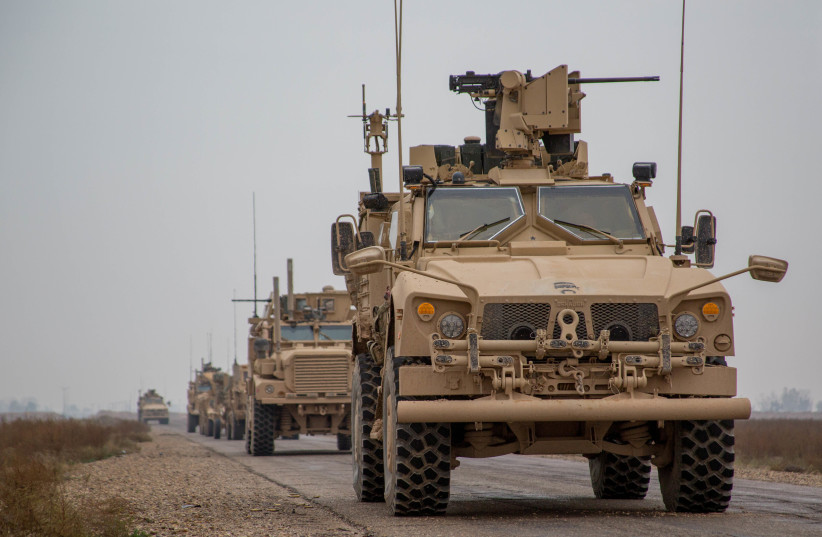Turkish state media and the pro-Iranian Al Mayadeen news outlet both highlighted new tensions in Syria this week. They reported on increased attacks by tribal fighters against the US-backed Syrian Democratic Forces. These tensions have been rising for months. It appears that both pro-Turkish groups and pro-Iranian groups prefer to see the tribes fighting the SDF and see US influence reduced in Syria.
This is a complex development. Ostensibly, the Iranians back the Syrian regime, and the regime and Iran have their own proxies west of the Euphrates River in Syria. Meanwhile, Ankara backs the remnants of the Syrian rebels, groups that it has armed and used to fight against the SDF in the past.
However, what unites Turkey and Iran is their opposition to the US role in Syria. This means that as tribes chafe under the SDF rule in areas east of the Euphrates, a number of groups may be seeking to fuel this conflict. These groups may be present in Deir Ezzor, but also in areas Ankara occupies near Manbij.
According to Al Maaydeen, there was an attack by tribal fighters on Dhiban in eastern Syria. A sheikh of the Akidat tribe announced the commencing of new operations against the SDF.

The report claims “a massive attack by Arab tribal fighters on SDF positions in the town of Dhiban in the eastern countryside of Deir ez-Zor, coinciding with the announcement by the sheikh of the al-Aqidat tribe, Ibrahim al-Hafil, of the start of a new battle against the American-backed armed organizations.”
Local tribes revolt
Meanwhile, Turkey’s state media TRT also claimed that “forces of Arab tribes have launched an operation against the YPG/PKK terror group in Syria’s eastern province of Deir Ezzor after a two-week lull, according to local sources.”
They characterize the tribes as “oppressed” by the US-backed SDF. Turkey claims the SDF are “terrorists.” TRT says that “according to the sources, tribal forces managed to seize control of the villages of Dhiban, Al Tayyana, and Al Ragheb from the terror group.”
This matters because the area of the middle Euphrates River Valley, or MERV, is very strategic and important. Historically, tribes here sought a degree of autonomy in their own affairs. In the 1980s, some people in the area felt more connection to Iraq and Saddam’s regime than to the Assad regime.
Later, after the US invasion of Iraq, this valley was a conduit for fighters and weapons going to Iraq to back the insurgency. After 2013, ISIS entered the area and massacred some tribes and recruited others. Later, the US-backed SDF was able to defeat ISIS on one side of the Euphrates River, while Iranian-backed militias came to control the western side.
Iran then began to move weapons up the valley from Iraq to help Hezbollah in Lebanon. Turkey, which has backed Sunni Arab elements in Syria and tends to spread influence among the tribes, seeks a role here as well. This creates a difficult situation for the US-backed SDF and US forces in the region.
